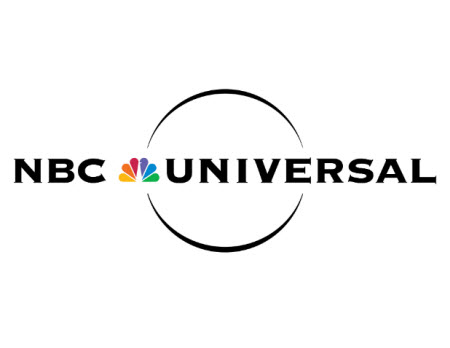NBCU: We Should Be Compensated for FCC Move of Weather Radar
Cites important public service to viewers, particularly during emergency

The smarter way to stay on top of broadcasting and cable industry. Sign up below
You are now subscribed
Your newsletter sign-up was successful
NBCU said the FCC needs to make sure it is compensated for moving its important Doppler weather radar (DWR) operations out of the S-Band (3.45-3.55 GHz), which the FCC is repurposing for 5G.
Back in August, the Trump Administration agreed to make 100 MHz of midband spectrum available for FCC auction by December 2021 without threatening DOD radar systems -- air defense, missile and gun control, battlefield weapon locations, air traffic control -- that are the primary users of the band. But a handful of secondary users, including NBC, will have to move out.
The FCC in 2019 a Notice of Proposed Rulemaking that would relocate the secondary users as a first step, then after DOD agreed to move as well, voted in September of this year on a Report and Order to proceed with the move of secondary operators to another band.
The FCC also sought comment, in an accompanying Further Notice of Proposed Rulemaking, on exactly how the move of NBCU and others to the 2.9-3.0 GHz band, where other similar systems operate, should be achieved, including what the cost of relocating secondary users would be and "if" they should be compensated for that cost.
It pointed out that in the broadcast incentive auction, it concluded that some secondary users of that band were not entitled to reimbursement for moving expenses.
NBCU told the FCC there should be no "if" about it. It said a key is making sure it is made whole for moving the doppler radar operations of its owned TV stations in New York, Dallas-Fort Worth, Chicago, and Miami-Fort Lauderdale, which use the band to provide important weather forecast information both to its viewers and the National Weather Service.
NBCU reminded the FCC that it had noted in the September item that "[M]illions of viewers benefit from often critical and sometimes life-saving weather information that NBCUniversal’s S-Band DWR sites provide, especially in times of emergency," and that it was in the public interest to insure that service continued.
And as to not compensating secondary users in the broadcast incentive auction, it pointed out that while the FCC did not initially plan to compensate LPTVs because they were secondary users, Congress stepped in to do so.
NBCU tells the FCC that ensuring the continued operations of its important weather forecasting public service should include giving sufficient time for relocation (it estimates it will take about 18 months) and compensation for the move. NBCU suggests getting incoming wireless 5G providers to pony up the cash, estimated at a little over $2 million.
The smarter way to stay on top of broadcasting and cable industry. Sign up below
Contributing editor John Eggerton has been an editor and/or writer on media regulation, legislation and policy for over four decades, including covering the FCC, FTC, Congress, the major media trade associations, and the federal courts. In addition to Multichannel News and Broadcasting + Cable, his work has appeared in Radio World, TV Technology, TV Fax, This Week in Consumer Electronics, Variety and the Encyclopedia Britannica.

